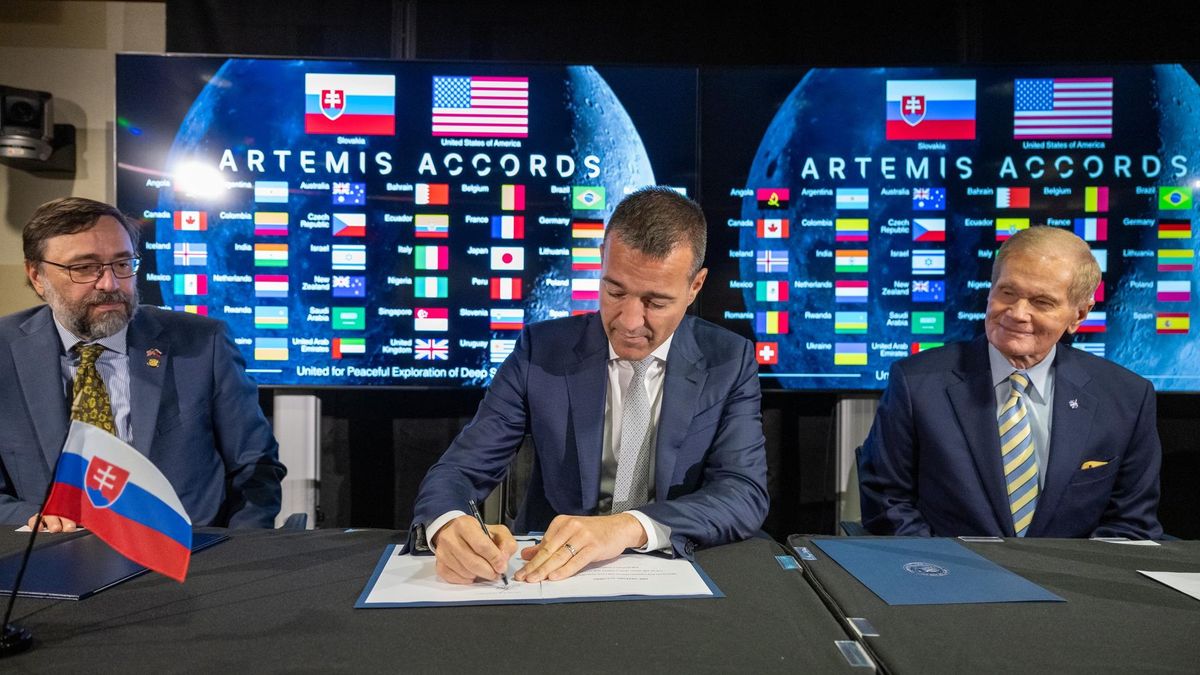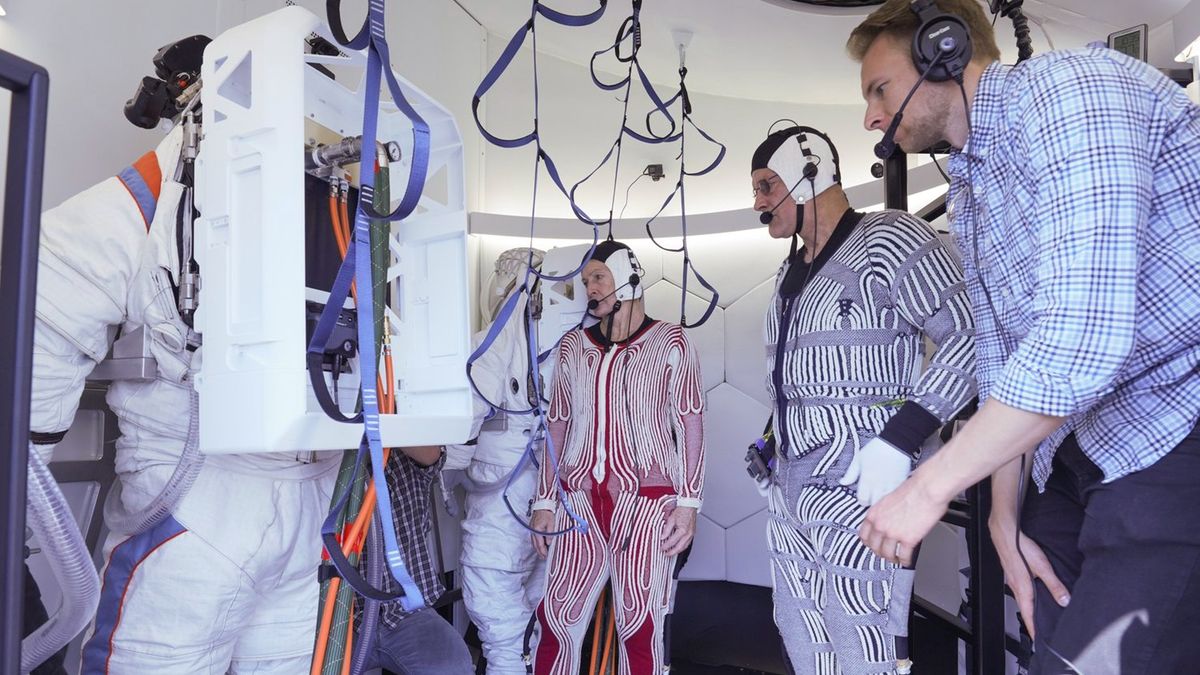International Cooperation in Space Exploration
This week marked a significant milestone in the realm of space exploration as two new nations, Slovakia and Peru, signed the Artemis Accords. The signing ceremony took place at NASA headquarters in Washington, D.C., bringing the total number of countries involved in this initiative to 42.
A Framework for Peaceful Cooperation
The Artemis Accords, initially signed by eight nations including the United States in October 2020, serve as a set of principles aimed at fostering peaceful cooperation in space exploration, particularly on the moon. The addition of Slovakia and Peru to this partnership underscores the global commitment to exploring the cosmos openly and responsibly.
NASA chief, Bill Nelson, expressed his enthusiasm for the new signatories, highlighting the shared understanding of exploration between the United States and Slovakia. Minister Tomáš Drucker signed the Accords on behalf of Slovakia, reinforcing the nation’s dedication to space exploration.
In a separate statement, NASA administrator commended Peru’s leap forward in space exploration, emphasizing the nation’s longstanding efforts in advancing its cosmic endeavors. Peru’s foreign minister, Javier González-Olaechea, signed the Accords on behalf of the country.
Artemis Program and Human Moon Exploration
While the Artemis Accords focus on establishing norms for space exploration in general, their primary emphasis lies on the moon, aligning with NASA’s Artemis program. This initiative seeks to achieve a permanent and sustainable human presence on the moon by the end of the decade.
With the successful launch of Artemis 1, an uncrewed mission that orbited the moon in late 2022, NASA is now gearing up for more ambitious endeavors. Developing the necessary infrastructure for a sustained human presence on the moon will require collaboration with international partners.
Noteworthy participants in the Artemis Accords include France, Germany, India, Israel, Japan, South Korea, and the United Kingdom – all well-established players in the field of space exploration. Additionally, China has set its sights on a permanent lunar presence, planning to establish the International Lunar Research Station in the 2030s alongside partners such as Russia, Ethiopia, Kenya, and Azerbaijan.
As the global community continues to expand its horizons in space exploration, initiatives like the Artemis Accords serve as a testament to the power of collaboration and shared vision in unlocking the mysteries of the cosmos.
Image/Photo credit: source url





